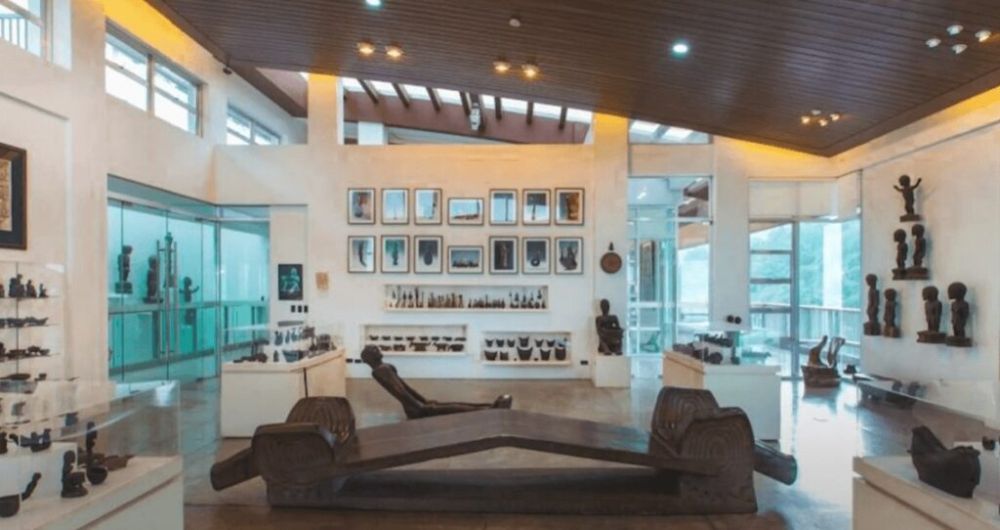

The Bencab Museum, nestled in the scenic outskirts of Baguio City, Philippines, stands as a testament to the vibrant cultural heritage and the growth of tourism in the region. Officially opened to the public in 2009, this museum has become an essential part of Baguio's identity as a city that blends art, culture, and history.
The museum is named after its founder, Benedicto Reyes Cabrera, better known as BenCab, one of the Philippines' most esteemed contemporary artists and a National Artist for Visual Arts. His vision was to create a space that not only showcases his life's work but also promotes Philippine art, culture, and talent. The museum is situated on a promontory in Tuba, Benguet, overlooking verdant hills and a picturesque garden that includes a farm and a mini-forest, encapsulating Baguio's natural allure.
The history of tourism in Baguio dates back to its days as a hill station during the American colonial period. Over the years, it evolved into a hub for artists and creatives, bolstered by institutions like the Bencab Museum. The museum complex includes galleries with a diverse collection of artworks including paintings, sculptures, and mixed media, providing a rich tapestry of the nation's history and indigenous cultures.
Visitors to the Bencab Museum are treated to an immersive experience, allowing them to explore the Philippine Contemporary Art alongside Cordillera artifacts and folk art collections. The museum also functions as a research center concerning the indigenous peoples of the northern Philippines, playing a crucial educational role to both locals and tourists alike.
The opening of the Bencab Museum has had a profound impact on local tourism, drawing both art aficionados and casual tourists. As a result, it has helped spur economic development in the surrounding areas by creating jobs and encouraging the proliferation of other tourist-related businesses. Furthermore, the museum has played a role in the conservation of the environment and local traditions, which has also become a driving aspect of tourism.
In recent years, the museum has adapted to the global trend of sustainable tourism. By promoting responsible travel and supporting local communities, the Bencab Museum underscores tourism that is conscious of environmental, social, and economic sustainability.
Additionally, amidst the global pandemic, Baguio's tourism sector, including the Bencab Museum, has been exploring new trends such as virtual tours and online exhibitions. These innovations provide access to those who cannot visit in person and present new avenues for cultural exchange and education.
Tourists looking to visit the Bencab Museum can expect a multi-sensory experience, with the museum's café and its farm-to-table concept offering an added delight to the gastronomically inclined traveler. The museum's location also allows for combining a cultural trip with the exploration of the surrounding Cordillera landscape.
With its rich historical narrative and evolving contributions to both the arts and tourism sectors, the Bencab Museum continues to be a beacon of cultural pride and a key destination in Baguio City's tourism landscape, underpinning the city's moniker as the "Summer Capital of the Philippines."